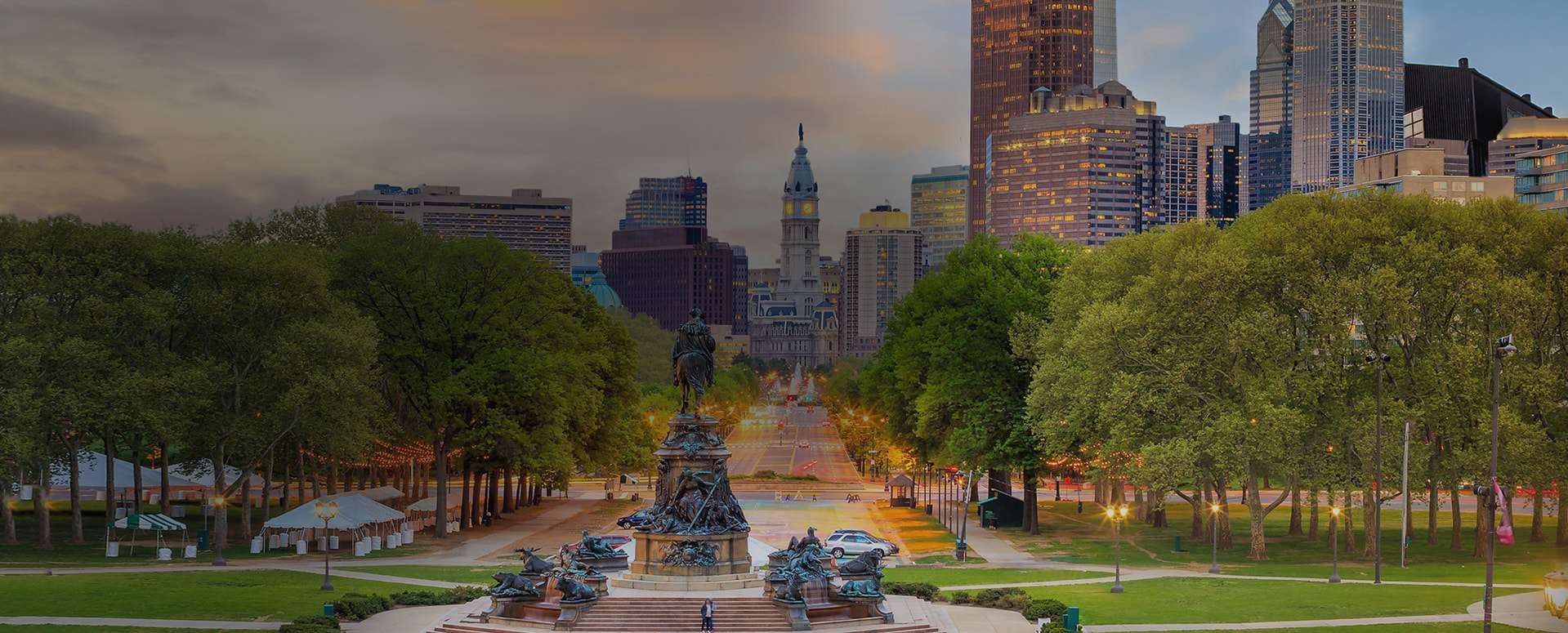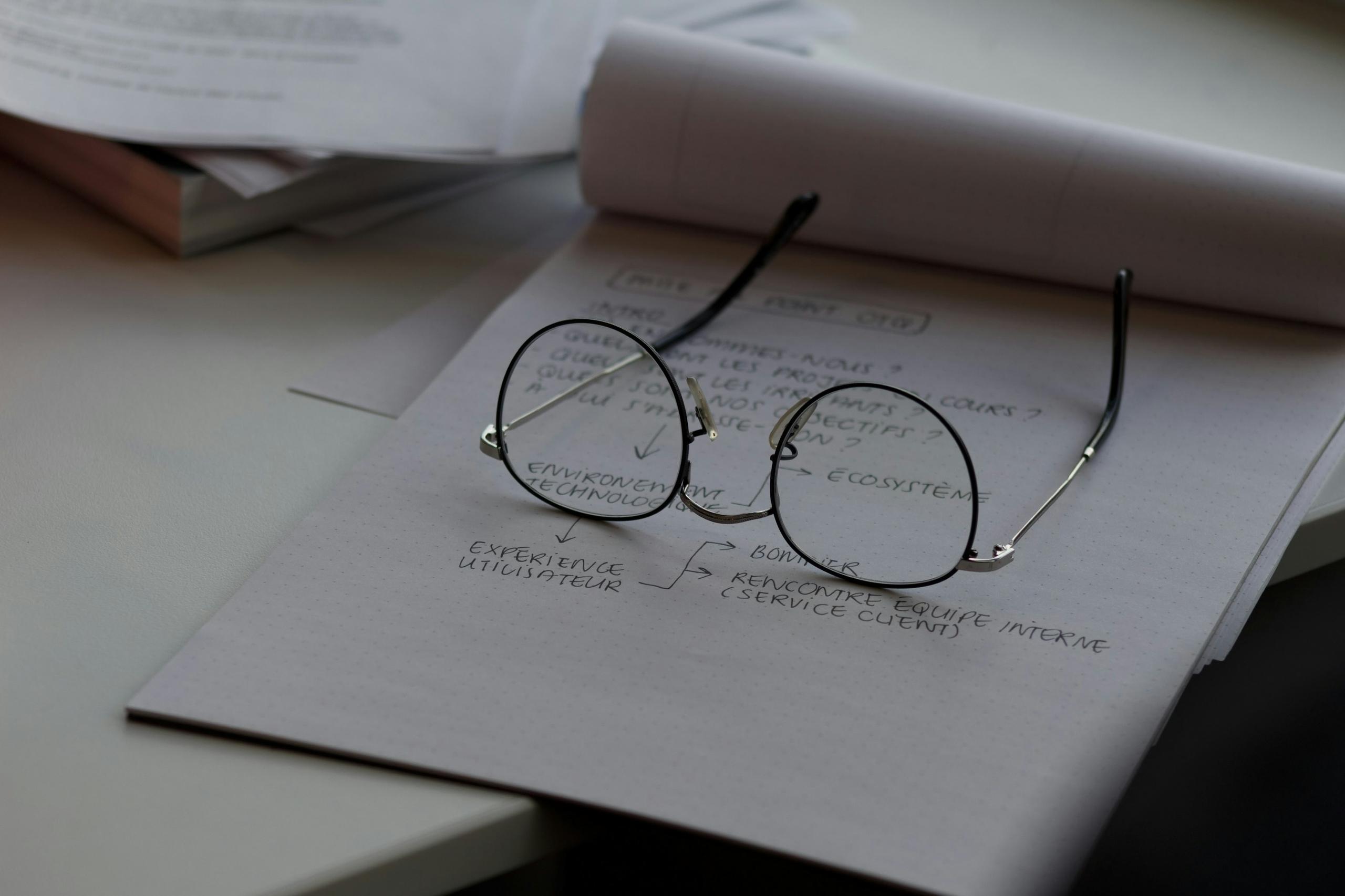Table of Contents
Slip and fall accidents are some of the most common types of personal injury cases in Philadelphia, but not every fall will result in a successful lawsuit. Whether or not you have a case depends on specific circumstances, like where you were when you fell and whether or not the party responsible for maintaining the property acted carelessly.
If you were injured in a fall, understanding how Pennsylvania law applies is the first step in determining whether or not you are owed compensation.
Common Causes of Slip and Fall Accidents
Slip and fall accidents can occur in almost any setting, from bustling city center office buildings to neighborhood grocery stores. Some of the most common reasons why people have slip and fall accidents include:
- Wet or slippery floors caused by standing water from spills or leaks, or from recent cleaning with no proper warning signage.
- Snow and ice on walkways and parking lots, especially during Philadelphia’s harsh winters.
- Poor lighting making hazards difficult to see.
- Broken steps or uneven surfaces, such as cracked pavement or torn carpeting.
- Loose mats or rugs that slide easily underfoot.
When property owners fail to address these hazards promptly, they may be legally responsible for any injuries that occur as a result.
Understanding Premises Liability in Philadelphia
Slip and fall lawsuits fall under premises liability law, which governs the specific duties property owners owe to people who enter their property. In Pennsylvania, this duty depends on the visitor’s legal status.
- Invitees. Invitees are considered people who enter the property with the owner’s permission, such as customers in stores or tenants living in an apartment complex. Property owners owe the highest duty of care to invitees, which means they must regularly inspect and repair hazards.
- Licensees. Licensees are people who enter onto the owner’s property for social or personal reasons, but are not conducting business on the property. If you invite a friend over to your home for dinner, they become your licensee. Owners must warn licensees of known dangers on their property.
- Trespassers. Individuals who enter onto the owner’s property without permission are trespassers. Property owners generally owe little to no duty of care to trespassers; however, they do have a responsibility to avoid deliberately causing harm.
In Philadelphia, businesses and landlords are held to particularly high standards of care because they invite members of the public onto their premises.
The Importance of Proving Negligence in a Slip and Fall Case
If you want to be successful in a slip and fall case, you must be able to prove that the owner of the property was negligent. There are four parts to proving negligence:
- Duty of care. You must prove that the owner had a legal responsibility to protect you while you were on their premises by properly maintaining the property.
- Breach of care. The second thing you must prove is that the owner breached the aforementioned duty of care. You must prove that the owner failed to repair and/or warn you about the hazard.
- Causation. You must prove that the breach of care caused your accident and ensuing injuries.
- Damages. As a result of the above, you suffered losses like medical expenses and possibly lost wages that the owner now owes to you.
It may seem easy to prove that a property owner was negligent, but it requires a strong chain of evidence. Items like incident reports, CCTV footage, medical records, and eyewitness statements may help support your case.
When You Are Partly at Fault
Sometimes, victims of slip and fall accidents hesitate to file a claim because they are afraid they are partly at fault. Even if you played a role in your accident, you may still have a claim.
Pennsylvania follows a modified comparative negligence rule. This means that you can still recover damages as long as you are found to be less than 51% at fault for your accident.
Here’s how it works:
If you are found to be 51% or more at fault for your accident, you may not be able to recover compensation. If you are found to be 50% or less at fault, you can recover compensation, but your compensation will be reduced by the percentage you are found to be at fault. For instance, if you were awarded $100,000 for your losses but were found to be 30% at fault, your compensation would be $70,000.
What Kind of Damages Are Available in Slip and Fall Cases?
Victims of slip and fall cases can recover three different types of damages: compensatory, non-compensatory, and punitive.
- Compensatory damages. Compensatory damages include items that have a definite dollar amount, like medical bills and lost wages.
- Non-compensatory damages. Non-compensatory damages include items that are hard to quantify because they don’t have a specific dollar amount. Pain and suffering and loss of enjoyment of life are examples of non-compensatory damages.
- Punitive damages. In rare cases, accident victims may be able to recover punitive damages, which are awarded when property owners have acted in a way that is malicious or violent. For instance, if a property owner purposefully allowed you onto their property and deliberately placed a hazard in your way that resulted in an injury.
Having an experienced attorney helps you avoid accepting lowball settlement offers from insurance companies. It’s also one of the best ways to make sure you are getting the compensation you deserve for your non-compensatory damages.
What to Do if You Have a Slip and Fall
If you find yourself the victim of a slip and fall accident, there are a few important steps to take to protect yourself and your rights.
- Call 911 and get medical treatment immediately.
- Report the accident to the property owner.
- Take photographs of the scene and your injuries.
- Collect contact information from bystanders and witnesses.
- Call PhillyLaw Car Accident and Injury Lawyers.
The sooner you contact our office, the sooner we can help protect your rights and get the compensation you need to help you recover. We fight back hard against insurance companies that want to shift blame or claim that a hazard was “obvious.”
Get the Help You Need
No, not every slip and fall will result in a legal claim, but if you are injured, you deserve to have your claim reviewed. Contact us today for a review of your Philadelphia slip and fall. We’re here to help protect your rights and get the compensation you need to move forward.




